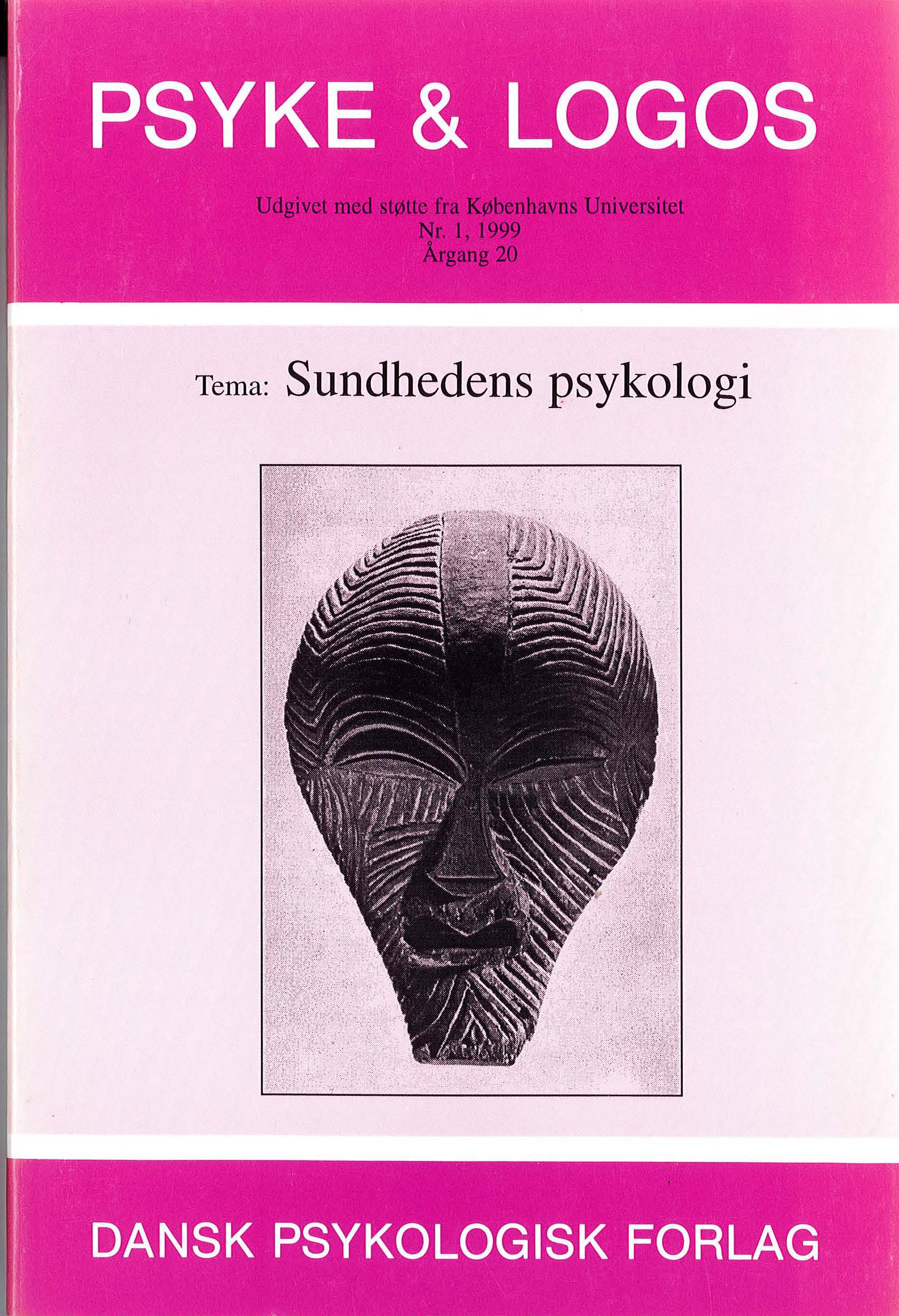SYGDOM OG KRISE
Den somatiske sygdom og skade vurderet ud fra Kierkegaards begreber
DOI:
https://doi.org/10.7146/pl.v20i1.133577Abstract
To Kierkegaard, man is fundamentally in a critical position. One reason for this critical position is that man is a complex character, consisting of both body and mind. By pointing to the body as a critical existential and anthropological category, Kierkegaard offers us an opportunity to evaluate the psychological meaning of disease. The crisis that will show itself in connection with disease is not only determinated by the physical modification, but also by the given knowledge that the sick person has about the concrete disease. Furthermore the concrete crisis will reflect the
way the person understood himself in relation to the fundamental crisis prior to the disease. On the one hand, Kierkegaard's psychology is open to a great variety of reactions to the concrete disease, on the other hand Kierkegaard will claim that the concrete disease is always confronting man with specific problems and is thus pointing
at a specific crisis.
Downloads
Published
How to Cite
Issue
Section
License
Ophavsret er tidsskriftets og forfatternes. Det er gældende praksis, at artikler publiceret i Psyke & Logos, som efterfølgende oversættes til andet sprog, af forfatteren frit kan publiceres i internationale tidsskrifter, dog således at det ved reference fremgår, at den oversatte artikel har et forlæg i en dansksproget version i Psyke & Logos. Artikler kan frit deles og linkes til på forsknings- og undervisningsnetværk (så som Blackboard). Link foretrækkes, fordi det giver oplysning om brug af tidsskriftets artikler.




